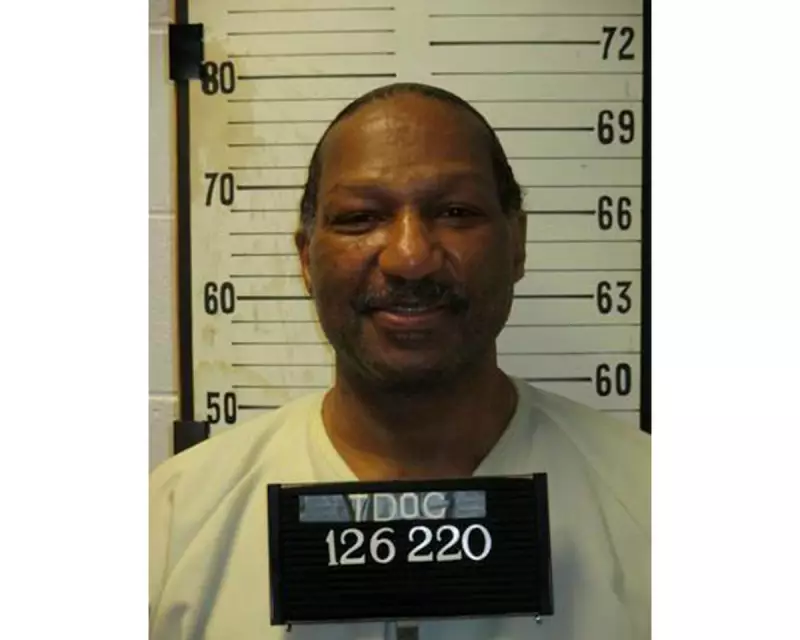
In a development that has sent shockwaves through the American justice system, Tennessee prison officials were forced to halt the execution of convicted triple murderer Byron Black after medical staff detected cardiac activity following the administration of lethal injection drugs.
Unprecedented Medical Intervention
The scheduled execution took a dramatic turn on Thursday evening when, approximately 20 minutes after the first drug was administered, medical personnel monitoring Black's vital signs detected unexpected cardiac activity. According to Department of Correction spokesperson, the execution was immediately paused while officials consulted with the state attorney general's office.
"This is an unprecedented situation in Tennessee's execution history," the spokesperson stated. "The protocol requires immediate cessation when unexpected medical events occur."
Legal and Ethical Questions Raised
The 72-year-old inmate, who has spent over three decades on death row for the 1988 murders of his girlfriend and her two daughters, now finds himself at the centre of a complex legal and ethical dilemma. Defence attorneys have long argued that Black's age and deteriorating health conditions made him unsuitable for execution.
This incident raises serious questions about:
- The reliability and humanity of lethal injection protocols
- Medical ethics surrounding execution procedures
- The psychological impact on prisoners and staff when executions are halted
- Legal implications for future execution attempts
National Implications for Capital Punishment
This botched execution comes at a time when several states are reconsidering their execution methods amid ongoing difficulties in obtaining lethal injection drugs and increasing public scrutiny. Tennessee, like many other states, has faced legal challenges and practical obstacles in carrying out capital punishment in recent years.
The case has immediately reignited debates among anti-death penalty advocates and legal experts, who argue that such incidents demonstrate the inherent flaws in state execution protocols.
As legal teams prepare for what will undoubtedly be extensive further litigation, the future of Byron Black's case—and potentially Tennessee's execution protocol—hangs in the balance. The Department of Correction has indicated that no new execution date will be set until a thorough review of Thursday's events is completed.





